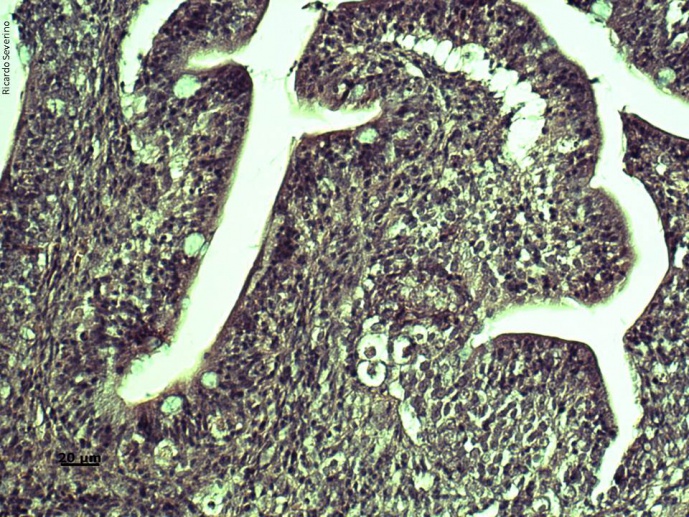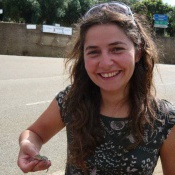PATHOSPILL: using an integrative approach to investigate the consequences of pathogen spill-over between wild and farmed fish species in a key estuarine habitat
Aquaculture is the fastest growing industry worldwide, levered both by an increasing demand for fish food and the current awareness about the over-exploitation of wild fish stocks. Portugal is one of the world’s major fish consumers, however the landings of the fisheries fleet and aquaculture production are still insufficient and the country has to import approximately 80% of its requirements.
Parasitic diseases can cause significant impacts on fisheries and aquaculture production by inducing high levels of fish mortality. Fish farming conditions are known to affect parasite evolution causing the emergence of more virulent strains. Moreover, stressful conditions imposed by farming are known to diminish fish imunocompetence, favouring the spread of pathogenic infections. Parasite spill-over from farmed to wild fish populations is not uncommon and has been responsible for the emergence of diseases in many wild populations. Changes in parasite host-range and host-switching events, are known to drive parasite speciation, and to cause severe impacts on ecosystems by affecting host diversity and altering entire food web dynamics.
Despite the high investment in the aquaculture industry, and the high economic and ecological impact of parasitic diseases, studies investigating the levels of parasite spill-over and host-switching between farmed and wild hosts are still scarce. Nevertheless, there is a consensus in the scientific community that they are increasingly urgent and key for economic development. In this project we will use an integrative approach using genetic, morphological, histopathological and host range data to investigate parasite spill-over and host-switching between farmed and wild fish populations. Specifically, the present 12 month project aims to investigate whether: 1) parasite host-switching is occurring between wild and farmed fishes; 2) farmed fishes are acting as reservoirs of diseases for the native fish fauna; 3) host-switching is promoting parasite speciation; and 4) host-switching is prompting the emergence of more virulent parasite strains.
Camino Gestal Mateo, Joanne Cable, Marcos Pérez-Losada, Ricardo Bruno de Araújo Severino


